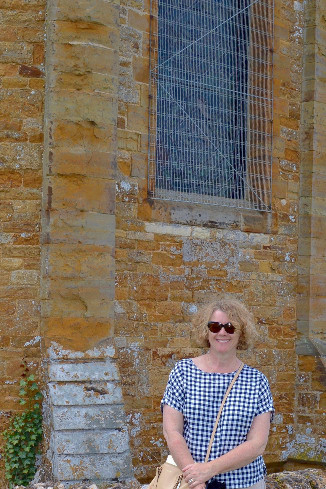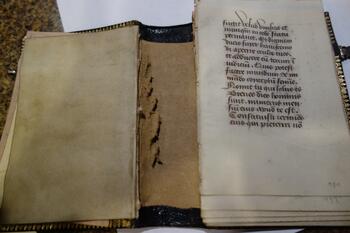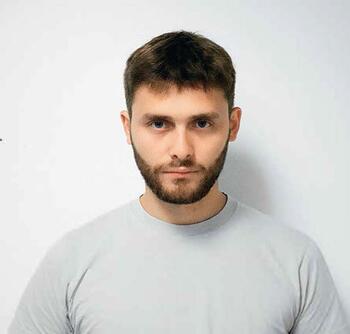Headquartered in Riga, Latvia, Meduza.io is the world’s number one independent source for professional reporting on Russia. The site also operates an ambitious translation project, making its content available to the global community at Meduza.io/en. Meduza launched in October 2014 and by August 2017 the monthly readership of Meduza exceeded 7.5 million unique visitors, with more than 700,000 app downloads and more than 2,000,000 followers on social media. Meduza and Buzzfeed recently announced an editorial partnership focused on joint investigative reports. Ilya Krasilshchik, Meduza’s publisher, will explain what it takes to mount such a project in an environment flooded by the Kremlin’s propaganda, and Anna Veduta, Meduza’s global outreach director, will discuss Meduza’s English-language edition.
Meduza is an online newspaper and news aggregator covering Russia and the Eurasian region, headed by Galina Timchenko, the former chief editor of the news website Lenta.ru, which during her tenure became the most popular news outlet on the Russian Internet. Meduza is run by a team of Russian journalists who resigned from their jobs at Lenta.ru, following Timchenko’s unexpected removal from her post by Alexander Mamut, the Putin-connected oligarch who owns the website.
Not long before the annexation of Crimea, Mamut fired Timchenko and replaced her with Alexey Goreslavsky, who had previously managed the pro-Kremlin website Vzglyad and later was a high-level official at the state-run news agency Interfax. The reason given for Timchenko’s dismissal was an official warning issued to Lenta.ru by Russia’s state censor because one of Lenta’s stories (an interview with a Ukrainian nationalist leader) contained a hyperlink to materials deemed extremist. More than 80 editors and reporters – nearly Lenta’s entire newsroom – quit in protest, publishing an open letter calling Timchenko’s ouster “an act of censorship” and a violation of Russia’s media laws. Timchenko and most of the staff who resigned with her went on to found Meduza. Explaining the decision to base Meduza in Latvia and register it outside the .RU domain zone, Timchenko told Forbes: “Right now, establishing an independent Russian-language news outlet in Latvia is possible, while in Russia it is not.”
Ilya Krasilshchik is Meduza’s publisher. In 2008, after leaving college at 21, Ilya became the chief editor of Afisha, then Moscow’s most influential entertainment and city life magazine. In his five years at Afisha, the magazine published more the 100 issues, including an issue dedicated to “Coming Out” stories (a response to Russia’s criminalization of so-called “gay propaganda”), as well as several special editions, including issues on “the oral history of the Russian media” and “the oral history of the Russian Internet.” In October 2014, he left Afisha and joined two partners to launch
Meduza, a groundbreaking Russian-language news outlet based in Riga, Latvia. As of July 2017,
Meduza’s monthly readership exceeded 7 million unique visitors, with 750,000 app downloads, and a reach of more than 15,000,000 people on social media. Seventy percent of
Meduza’s audience is based in Russia.

Anna Veduta is Meduza’s global outreach director, and also heads Meduza in English in Washington, D.C. Prior to Meduza, Anna served as Press Secretary to Alexey Navalny, Russia’s leading opposition politician and 2018 presidential hopeful. Anna headed Navalny's press office during his Moscow mayoral campaign in 2013, when he leveraged social media channels to break a blockage by Russia’s traditional media, nearly forcing a runoff vote. Anna holds degrees in political science and international relations from Moscow State University and Columbia University’s School of International Public Affairs.
This event is cosponsored by the Center for Russian, East European and Eurasian Studies.





